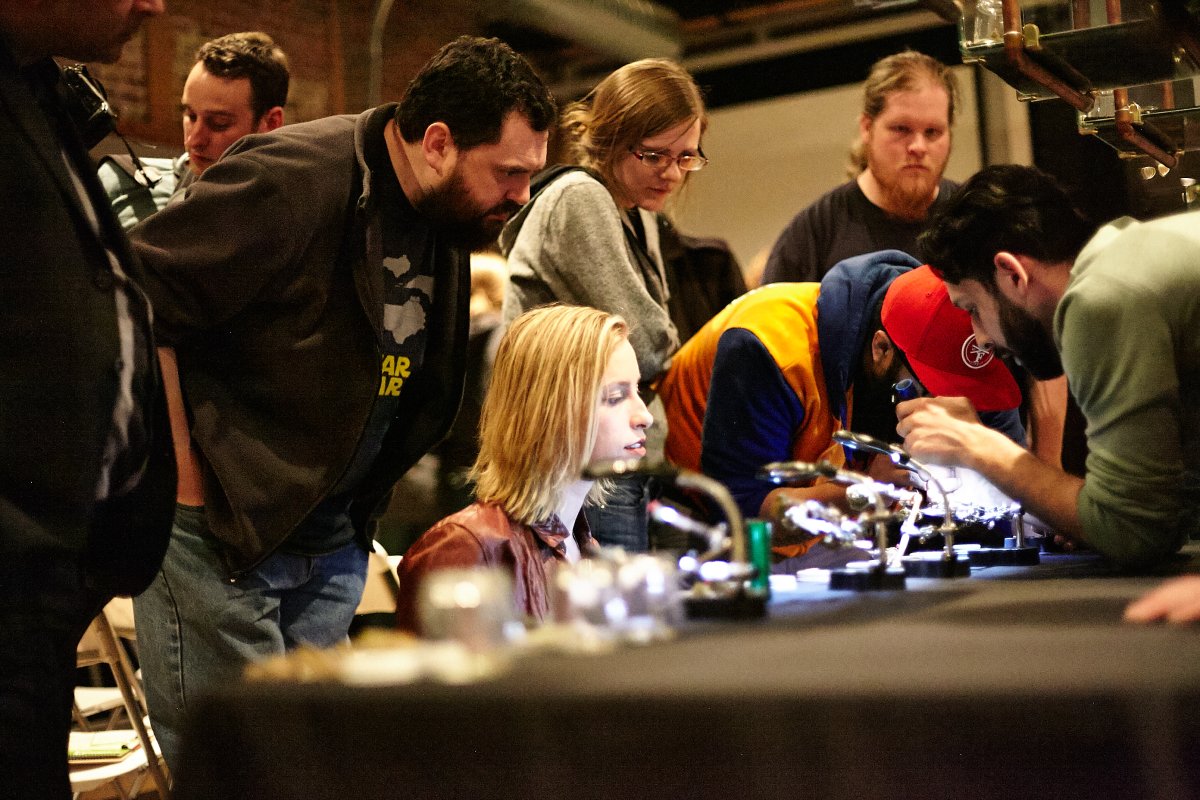When Colorado became one of the first U.S. states to legalize recreational marijuana in 2014, the state became the centre of several industries that can only really thrive if pot is legal: marijuana tourism and cannabis edibles, for example.

It also saw the state become a centre of cannabis-related training, since teachers could use real marijuana plants in a class on how to grow it without risking arrest.
“We probably have eight cannabis education companies in the state of Colorado alone, some in large-scale brick-and-mortar settings with live plants growing,” explains Max Montrose of the Trichome Institute, which trains people to be responsible vendors for pot, in a version of the course used for people who serve alcohol.
“We’ve already trained close to 200 Canadians with our responsible vendor program and our cannabis product and sales training,” Montrose says.
READ: If RCMP can’t say how many Canadians have minor pot convictions, how will amnesty erase records?
The organization also has a one-day course to develop the nose and the eye to be certified as a ‘cannabis sommelier.’
The cannabis sommelier course takes students through a tour of good and bad pot with different characteristics. Wine can have many problems that the nose can be trained to detect, and marijuana is similar: “They smell every type of poor-quality cannabis there is. Every type of mould, fungus, nutrient burn, everything.”
At the end of the day, students must correctly sort ten numbered glass jars of buds according to their problems or qualities. The majority fail, Montrose says. A select few who pass are chosen for an invitation-only course for experts.
- How caregiving impacts a generation of Canadians: ‘Unpaid work does not end’
- From 5K to a full marathon: The best way to train for a long run
- Some 2019 candidates ‘appeared willing’ to engage with foreign interference: Hogue inquiry
- Black youth face multiple barriers accessing mental health care, experts say
Other schools teach people how to grow their own pot.
Denver-based Cannabis University offers a one-day course in marijuana cultivation.
“In the morning, we teach all the ways to have legal possession of cannabis, and how to be good neighbours,” Michelle LaMay explains.
“In the afternoon, we teach all the ways to grow cannabis, with an emphasis on the safety of the locations people choose.”
Graduates also leave armed with consumer advice about equipment (“People in the stores are there to sell you a product”) and strategies to keep plants out of the sight — and smell — of the curious.
(Colorado allows an adult to grow up to six marijuana plants, but LaMay says 80 per cent of the people who take her classes are from out-of-state.)
The University of Denver offers a five-day course on marijuana journalism.
READ: Smelly, fussy, humid: Why you may not want to grow your own legal pot
One side of legalization is the development of an accepted standard of training and body of knowledge about marijuana that’s hard to organize under prohibition. What does it mean to be an expert? What belongs on a lesson plan? These are questions that are hard to address if you’re always looking over your shoulder for the police.
“It’s such an underground, black-market knowledge, up until just a few years ago, that the information people were seeking and sharing usually came from stoners or black-market horticulturists who claimed to be cannabis experts but don’t really know much about the plant itself,” Montrose says.
“Someone puts up their hand and says they’re a cannabis expert, you ask them a few questions and you learn very quickly that they don’t know anything about cannabis. There’s a problem with the whole weed industry.”


Comments